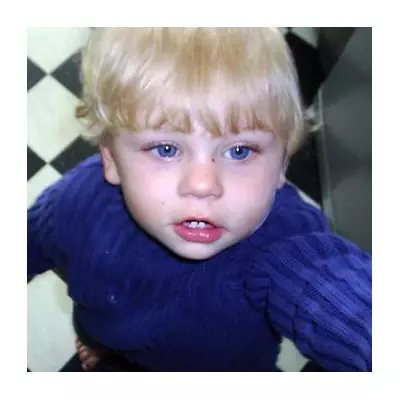
In a remarkable act that challenges conventional notions of justice and medical ethics, prison officers at HMP Wakefield made the split-second decision to save the life of a convicted murderer who had been issued with a controversial 'do not resuscitate' order.
The inmate, 31-year-old Dominic Wallon, had been serving a life sentence for the brutal murder of his two-year-old daughter when he collapsed in his cell. Despite documentation clearly stating he should not be revived if his heart stopped, prison staff immediately began CPR and used a defibrillator to restart his heart.
The Ethical Dilemma Behind Bars
The incident has ignited fierce debate throughout the prison service and medical community about the moral obligations towards society's most reviled criminals. Should those who have committed heinous crimes receive the same standard of emergency care as any other citizen?
One prison officer, speaking anonymously, revealed the internal conflict: "When you see someone lying there, your training kicks in. You don't see a murderer - you see a human being in need of help. But afterwards, you can't help questioning whether you did the right thing, especially knowing what he did to that little girl."
A Troubled History and Controversial Instruction
Wallon's case presents particular complexities. The DNR instruction had been issued following his own repeated requests not to be resuscitated if he suffered cardiac arrest. Prison medical staff had documented his wishes, yet when the moment of truth arrived, the human instinct to preserve life prevailed.
The prison service now faces difficult questions:
- How should staff balance inmate autonomy with their duty of care?
- Can DNR orders be properly implemented in a prison environment?
- What psychological impact does such decision-making have on prison officers?
Broader Implications for Prison Healthcare
This case highlights the extraordinary challenges facing prison healthcare professionals, who must navigate complex ethical waters while providing care to individuals society has largely written off. The incident at HMP Wakefield serves as a stark reminder that behind prison walls, life-and-death decisions are made daily that test the very foundations of medical ethics and human compassion.
The Ministry of Justice has confirmed an investigation is underway to review procedures surrounding DNR orders within the prison system, while mental health advocates have called for clearer guidelines to support staff facing these impossible dilemmas.





